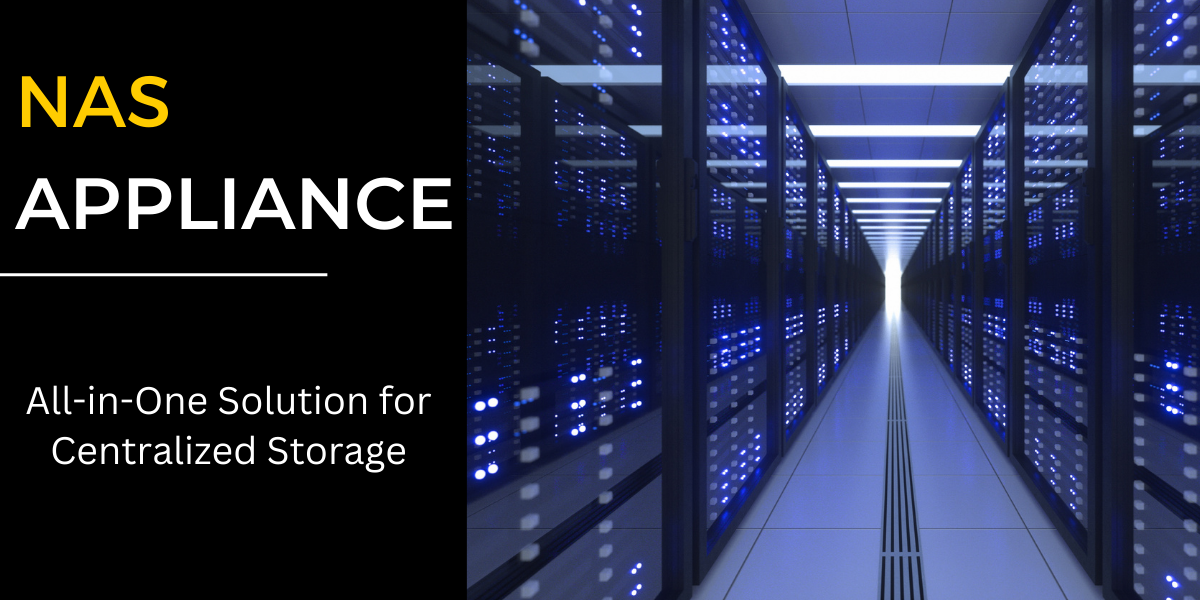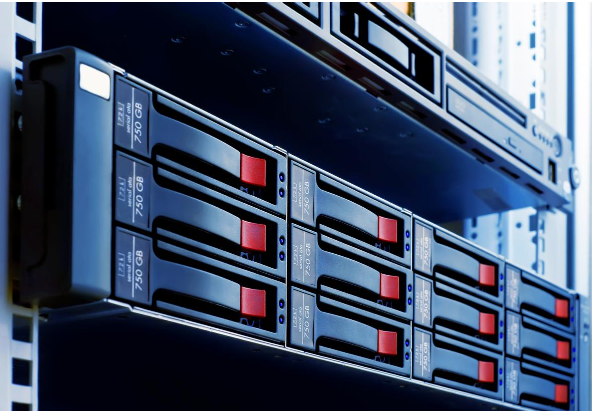
Introduction:
Network-attached storage (NAS) is a storage system that connects to a network, allowing users to store and access files over the Internet. It offers many advantages over traditional storage solutions such as lower cost, better scalability, and easier data recovery. However, there are several different types of NAS storage systems available on the market, each with its own advantages and disadvantages. Let’s take a look at some of the most popular types of NAS storage solutions.
Direct-Attached Storage (DAS)
DAS is one of the most common types of NAS storage solutions. It directly connects to a computer or server via cables and requires no networking knowledge or setup. A big advantage of DAS is that it's relatively inexpensive; however, it can be difficult to manage, as it's limited to connecting only one device at a time. Additionally, if the server fails, all data stored on the drives connected to it will be inaccessible until the server is repaired.
NAS-Specific Storage Solutions
These solutions are designed specifically for use with network-attached storage systems and often offer more features than DAS. They tend to be more reliable than other solutions since they typically have their own dedicated power supplies and processors. However, they are also more expensive than DAS systems due to the added features they offer. Additionally, they can be difficult to set up and require some technical knowledge in order to utilize them properly.
Cloud Storage Solutions
Cloud storage solutions provide access to files from any internet-connected device regardless of its location. This makes them ideal for businesses with multiple locations or employees who need access to data remotely. They also tend to be cheaper than other types of NAS storage solutions since there are no upfront costs associated with setting them up and maintaining them; however, they can be subject to slow speeds depending on where you're located in relation to the cloud servers hosting your data. Additionally, cloud services may not offer as much security as other types of NAS solutions since all data stored on these servers is usually accessible by anyone with an internet connection.
Conclusion:
All three types of NAS storage solutions direct-attached storage (DAS), NAS-specific solutions, and cloud services—offer advantages and disadvantages depending on your needs. If you're looking for an inexpensive option that doesn't require technical knowledge or setup time, then DAS might be a good choice for you; however, if you need flexibility or remote access then a NAS-specific solution might be better suited for your needs. Finally, if cost is your primary concern then a cloud service might be right up your alley; however, bear in mind that security could be an issue with these types of services since all data stored on their servers can potentially be accessed by anyone with an internet connection. Ultimately it's important that you weigh all available options carefully before making a final decision so that you don't regret it later on down the line!
